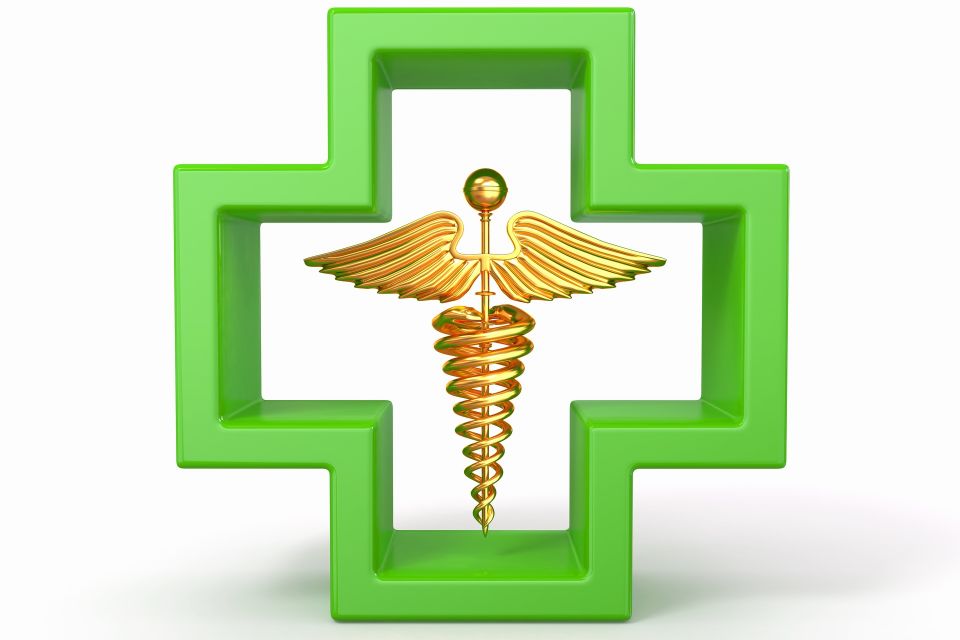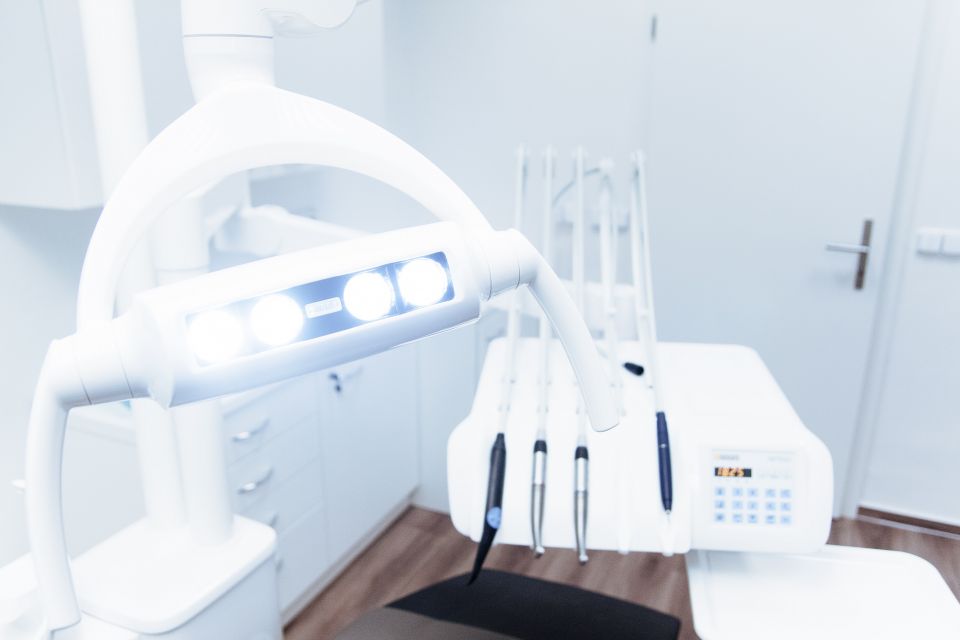For Your Informmation
Oral Health
Benefits of CBD
What Is CBD?
Cannabinoid, also known as Cannabis Oil or CBD, is a chemical compound which comes from marijuana or hemp. Cannabinoids are a class of chemical compounds which act on the cannabinoid receptors in cells which repress neurotransmitter release in a person’s brain. Currently, there are 113 cannabinoids which have been isolated from cannabis.
CBD occurs naturally in cannabis, although it should not be confused with marijuana. It does not have any long-term side effects and also does not have any psychoactive effects. This means that it is impossible to experience a high when using CBD. Every strain of cannabis contains some varying levels of cannabinoids, making certain strains better for people with specific conditions. CBD is extracted from marijuana plants as oil and put in creams, capsules, gels, and more. CBD products have many different overall health benefits and are widely available all over the world.
Is CBD Legal?
The landscape surrounding the legalities and regulations behind CBD in the United States is a murky one. Although CBD is not classified as an illegal drug, there are certain instances in which CBD is considered illegal in the United States.
CBD is legal in all states in America — depending on where the CBD has been derived from (hemp or marijuana) and what it is used for. If you are of age and live in a state in which recreational use of cannabis is legal, or if you have a prescription for medical marijuana in a state where medical marijuana is legal, you can use CBD that is derived from marijuana or hemp without any repercussions. In most states, regulations state that CBD is considered illegal if it has been derived from marijuana, or if it has been derived from hemp and contains a THC level over a certain amount. According to the DEA, CBD is considered legal if it contains a THC level of less than 0.3%. That being said, many states have passed laws allowing for the legal use of CBD for treatment of epilepsy as well as other conditions.
The landscape surrounding CBD legalization and regulations remains questionable as states continue to navigate around this fairly new chemical substance.
What Is the Difference Between Hemp and Cannabis?
Both hemp and marijuana are part of the cannabis family. This is why many people tend to confuse hemp and marijuana, although they are not the same in any sense. Hemp, unlike marijuana, is not psychoactive. It also has a completely different composition.
Most marijuana strains contain high levels of THC (ranging from 10% to as high as 25% and even 30% for more potent strains) while hemp has very little to no THC levels (less than 0.3%), making it impossible to feel any type of psychoactive effect or high from hemp.
Hemp is very rich in CBD, which acts as an antagonist to THC. Hemp is also grown in a completely different environment — marijuana requires a controlled and warm environment and hemp is grown in a large variety of different climates.
Because hemp does not have any psychoactive effects, regulations in America state that hemp is legal (depending on where it has been derived from), while marijuana is not legal in most states. This is why the source of CBD and where it is derived from are huge determining factors in whether or not it is legal.
What are the benefits of Hemp and Cannabis?
There are many different overall health benefits of CBD. Many clinical studies have been conducted on the overall health benefits of CBD, its potential therapeutic applications, and how it can help different common health issues.
CBD is considered a safe and natural treatment for many different health problems. It can help those who have conditions and symptoms including:
- Multiple sclerosis
- Opioid withdrawal
- Pain
- Inflammation
- Epilepsy and other seizure disorders
- PTSD
- Crohn’s disease
- Anxiety
- Sleep issues
- Depression
- Symptoms related to cancer
There have many different clinical studies on the overall health benefits of CBD. One clinical study in particular suggests that CBD has many different therapeutic benefits which can relieve many different types of symptoms and illnesses including:
- Anorexia
- Emesis
- Pain and inflammation
- Multiple sclerosis
- Neurodegenerative disorders such as Parkinson’s disease, Huntington’s disease, Tourette’s syndrome and Alzheimer’s disease
- Epilepsy
- Glaucoma
- Osteoporosis
- Schizophrenia
- Cardiovascular disorders
- Cancer
- Obesity
What are the oral health benefits of CBD?
CBD can not only improve a person’s overall health, but it can also significantly improve a person’s oral health. Research suggests that CBD can help reduce gum infection, restore bone health, and reverse conditions such as osteoporosis. Studies also suggest that CBD has many different antifungal and antibacterial properties and can help reduce the symptoms associated with many different oral health issues.


